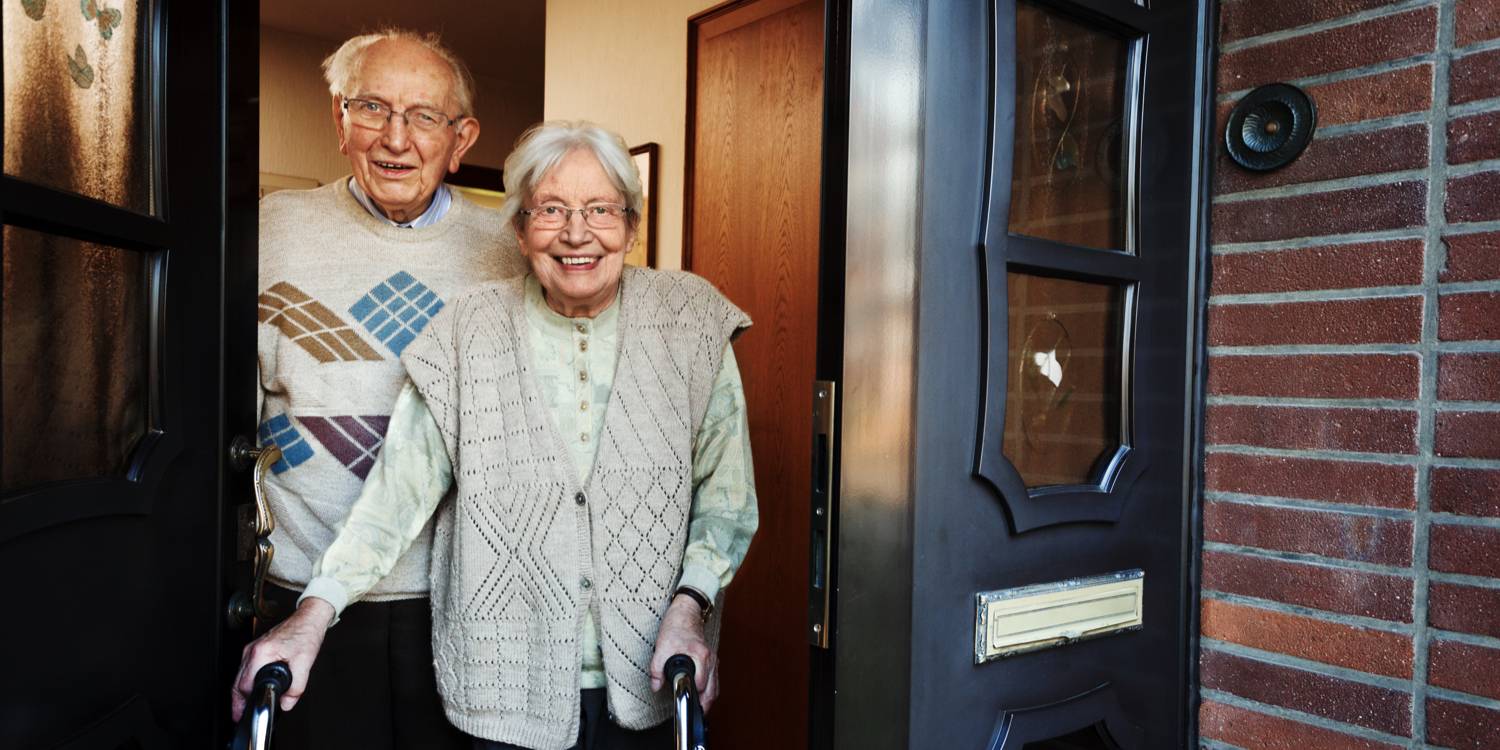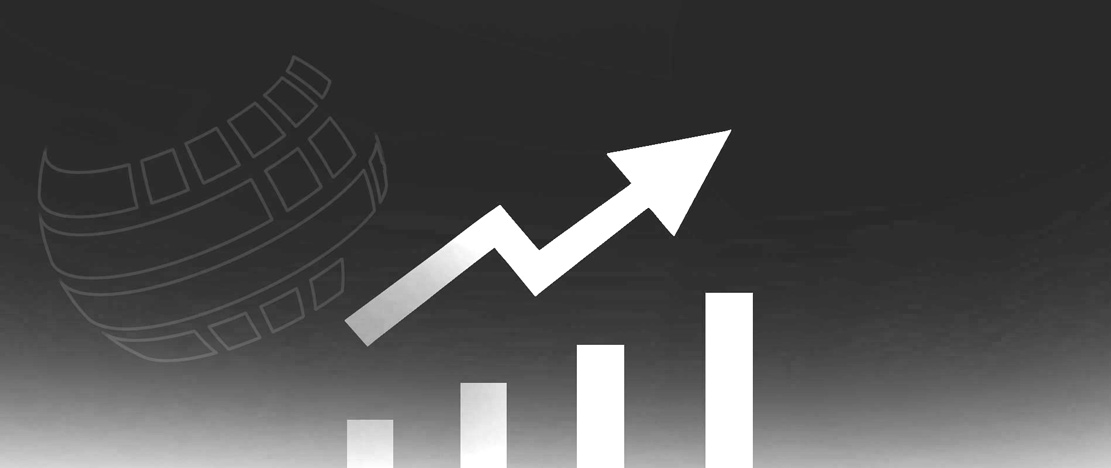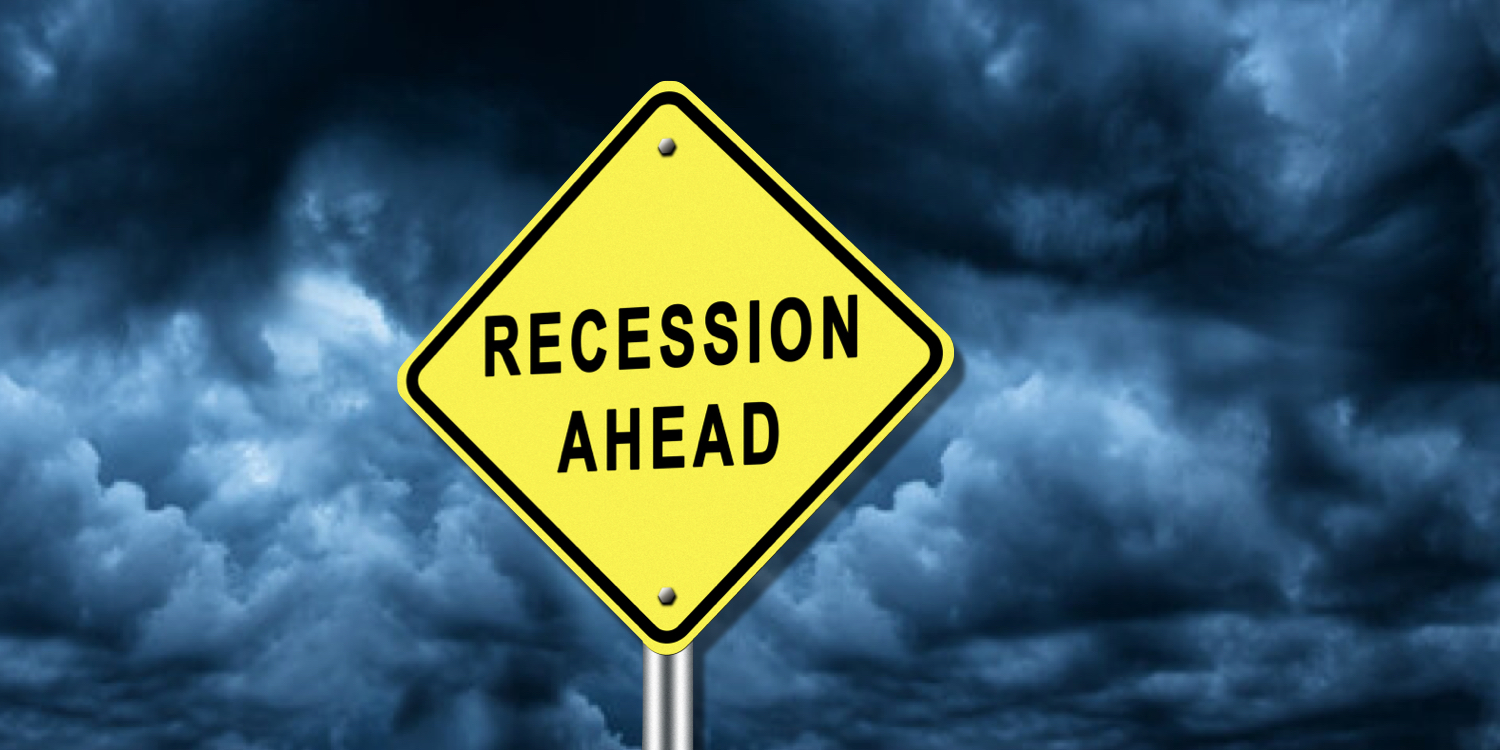People toss around the phrase ‘aging in place’ but what does it really mean?
Continue readingInflation Exposed: Increasing costs and asset classes
Today, every American consumer is feeling the pain in their pocketbooks as a result of our government’s unchecked spending as the purchasing power of the U.S. dollar continues to decline making goods and services that more expensive. But just how much more expensive?
Continue readingA Ramsey Solutions caller asks if she should use a reverse mortgage to buy a rental
One caller to the Ramsey Solutions Show asked if she should get a reverse mortgage on her primary residence for the purpose of using the loan proceeds to purchase a rental property to generate monthly income. Here’s what the show’s hosts had to say
Continue readingSeptember Top 100 HECM Lenders Report
Nationwide reverse mortgage lender loan production for Home Equity Conversion Mortgages (HECMs) endorsed by FHA in the month of September 2023.
Continue reading5 Signs of an Impending Recession
Here are the five signs of an impending recession, 4 which we’ve already seen.
Continue readingWhy your home would be a terrible inheritance for your heirs
Finance of America Reverse President Kristen Sieffert penned a guest column in Kiplinger.com that exposes the problems in bequeathing a house to heirs and the unanticipated problems that can follow.
Continue readingThe 10-Year CMT: The Curse of Money Printing
The curse of money printing has put pressure on the 10-year CMT and consumer interest rates…
Continue reading5 Mistakes Reverse Mortgage Borrowers Should Avoid
Borrower behavior before and after the loan can lead to these 5 avoidable mistakes
Continue readingThis surprise expense is likely to upend retirees budgets
Recent research from T-Rowe Price shows this expense is most likely to upend retirees’ budgets. Hint: it’s not healthcare…
Continue readingThe Problem with Being House-Rich
There are some big problems of being house-rich that most homeowners are unaware of. Here they are…
Continue reading









